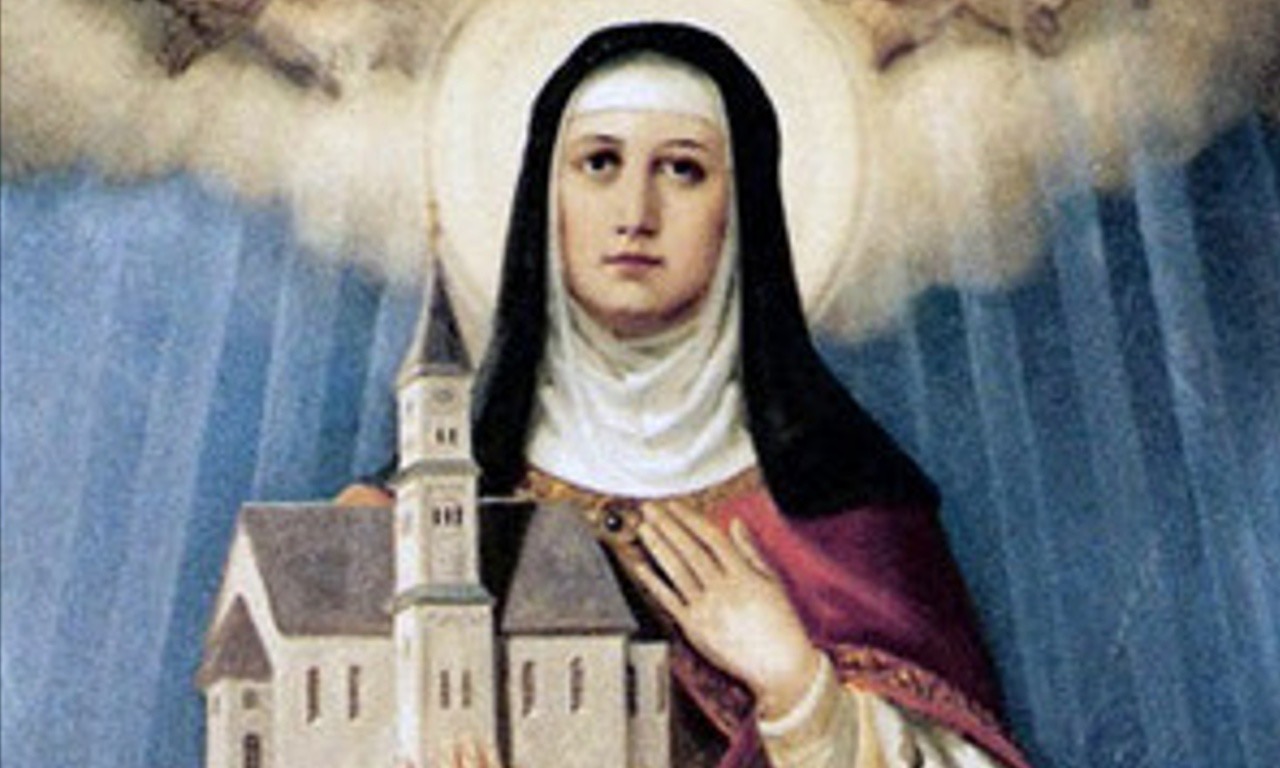We entered this liturgy, our Palm Sunday procession, accompanied by the narration of Luke’s Gospel. There is no mention of palm branches in his account. Instead, the people spread their cloaks in the road before Jesus. His disciples praise God for the mighty deeds they have seen and proclaim him the king who comes in the name of the Lord.
This profession of praise takes place as Jesus approaches the Mount of Olives, creating a stark contrast between this scene and Luke’s account of the passion, which is our Gospel reading today. On the night before he dies, Jesus goes to the Mount of Olives once more and asks his Father to take this cup away from him, praying so fervently that his sweat became like drops of blood. It is on the Mount of Olives that Judas, his friend, betrays him with a kiss.
Jesus knows what lies before him. His prayer shows his humble submission of his human will to the Father’s will. He enters Jerusalem as a king, raised up on a colt and acclaimed by his disciples, but it is only on the cross that the true meaning of his kingship is revealed (CCC 440). On the night before he is to suffer, his Apostles argue about which of them are the greatest, and Jesus tells them he has come among them as the one who serves.
His coming has been foretold by the prophets. Today’s first reading comes from the third of four “Servant of the Lord” oracles in the Book of Isaiah. This servant is often referred to as the Suffering Servant and seen as prefiguring Christ. In the verses we hear today, he says he has been given a well-trained tongue to preach the word of God, and he willingly submits to beatings and insults, in order to carry out this call from God.
We see similar language reflected in Paul’s Letter to the Philippians. Christ emptied himself. He humbled himself, becoming obedient to the point of death on a cross. A shameful death, but like the Servant in Isaiah, he knew he would not be put to shame. Rather, it is because of this obedience that God greatly exalted him, giving him a name above every other name, that at the name of Jesus every knee should bend, of those in heaven and on earth and under the earth, and every tongue confess that Jesus Christ is Lord.
Christ was indeed hailed as king when he entered Jerusalem on the back of a colt. The people praised him for the mighty deeds he had worked in God’s name. But the mightiest work of all took place on the cross. What looked like rejection and loss won the victory for us. Dying, Christ defeated death. To this day, we place crucifixes on our altars, in our homes, and around our necks, as a sign of our belief that Jesus is Lord. We commemorate his sacrifice at every Eucharist. Christ’s sacrifice is made present to us in an unbloody manner on the altar. We look upon his body, broken for us, and give him praise, for it is only through Christ’s death and resurrection that we can attain peace in heaven and glory in the highest.
(Fr. Michał Pająk, OMI, April 13, 2025)

